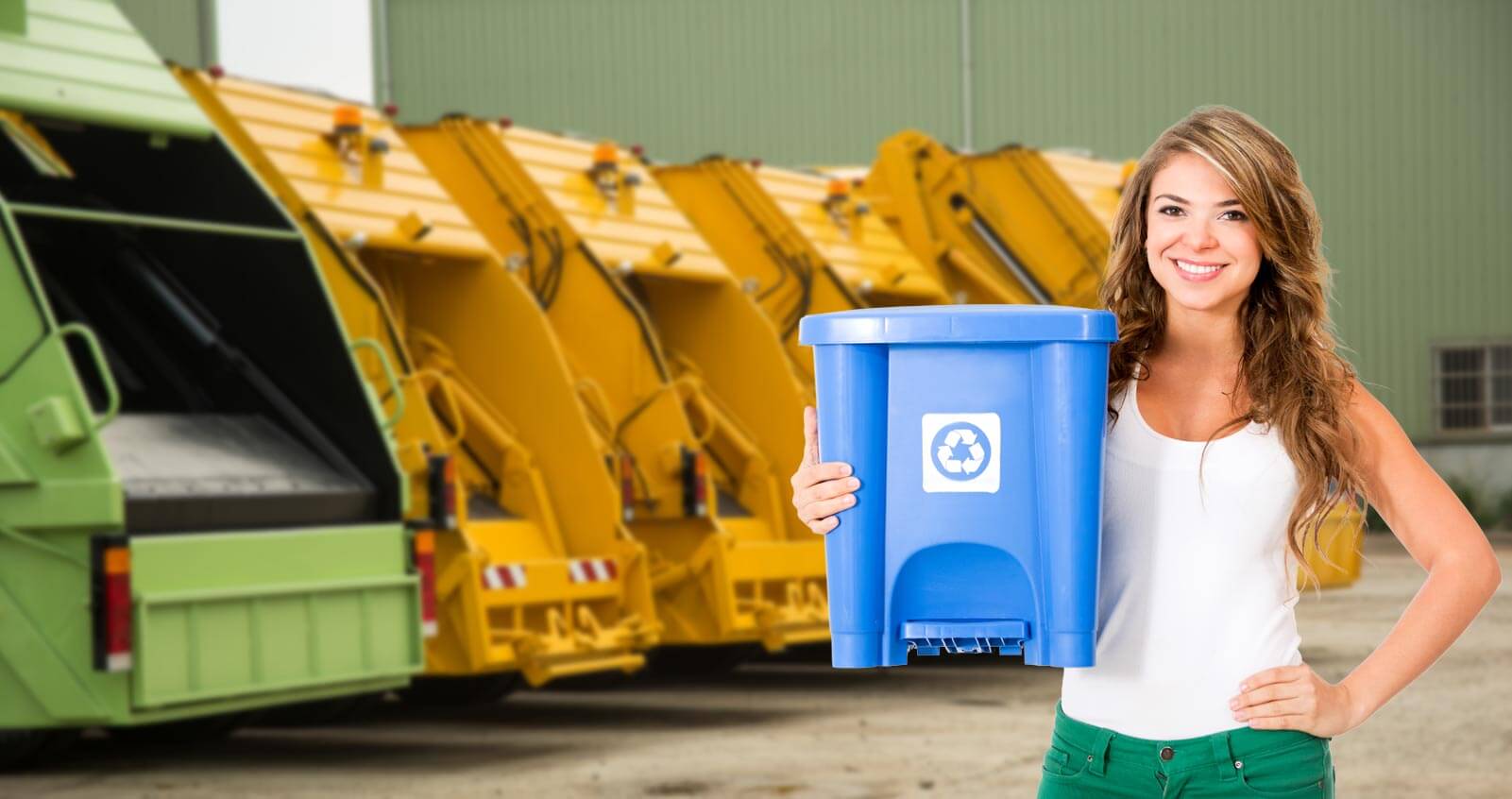Dumping Plastic Bottles
Posted on 26/08/2024
Plastic bottles have become a ubiquitous part of our daily lives, serving purposes from hydrating ourselves with water to storing household cleaning products. Despite their convenience, the environmental toll of plastic bottles is staggering. This article delves into the various impacts of dumping plastic bottles, offering tips, takeaways, and a balanced view of the pros and cons.
Plastic Bottle Statistics
According to the Earth Day Network, approximately 1 million plastic bottles are sold every minute around the globe. Astonishingly, only a fraction of these bottles are recycled. This means billions of plastic bottles end up in landfills, oceans, and other natural habitats.

Harm to Marine Life
One of the most alarming consequences of plastic bottle waste is its impact on marine life. Plastic bottles, and the microplastics they break down into, are ingested by marine creatures ranging from tiny plankton to massive whales. These ingested plastics can cause fatalities or serious health issues, disrupting marine ecosystems.
Human Health Risks
While the environmental ramifications are dire, human health is also at risk. Microplastics have been found in drinking water sources and even in the food chain. Although research is still ongoing, early studies suggest that these microplastics could have long-term health impacts.
The Carbon Footprint of Plastic Bottles
Producing plastic bottles consumes significant energy and resources, contributing to greenhouse gas emissions. The entire lifecycle of a plastic bottle, from manufacturing to decomposition, leaves a substantial carbon footprint.
Economic Costs
The economic costs of plastic bottle waste are multi-faceted. Governments spend billions on waste management and clean-up efforts. Additionally, the tourism industry can suffer as polluted beaches and waterways deter visitors.
Pros and Cons of Using Plastic Bottles
Pros
- Convenience: Lightweight and portable.
- Durability: Long-lasting and resistant to breaking.
- Cost-Effective: Economical for both manufacturers and consumers.
Cons
- Environmental Damage: Significant pollution and harm to wildlife.
- Health Risks: Potential long-term impacts from microplastic ingestion.
- Economic Costs: High clean-up and waste management expenses.
Tips for Reducing Plastic Bottle Waste
1. Use Reusable Bottles: Invest in high-quality, durable bottles made from stainless steel or glass.
2. Support Legislation: Advocate for policies that promote recycling and the reduction of single-use plastics.
3. Participate in Clean-Up Drives: Join or organize community events to clean up beaches and waterways.
4. Recycle Properly: Ensure that plastic bottles are disposed of in the correct recycling bins.

Takeaways
- Plastic bottle waste is a pressing environmental issue.
- The impacts stretch beyond pollution, affecting marine life, human health, and the economy.
- Simple lifestyle changes can make a substantial difference in mitigating the problem.
Conclusion
While plastic bottles have revolutionized convenience in modern life, their environmental impact is too significant to ignore. The journey towards reducing plastic bottle waste involves individual actions, community efforts, and supportive legislation. By adopting eco-friendly habits and advocating for change, we can ensure a healthier planet for future generations.
A balanced approach that weighs the pros and cons, follows actionable tips, and understands the broader implications will be key to addressing the issue of plastic bottle dumping effectively.




